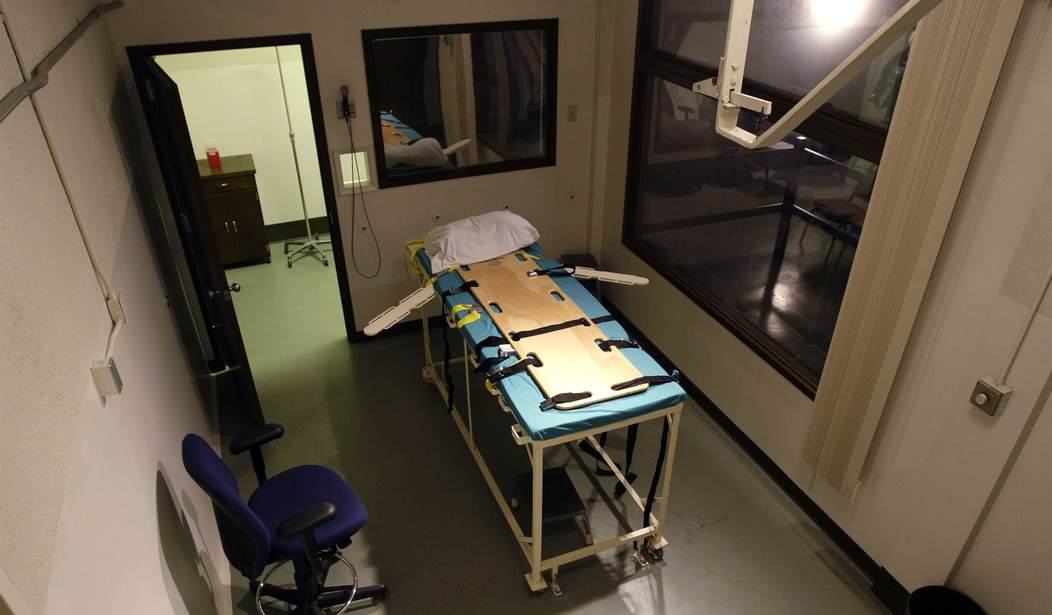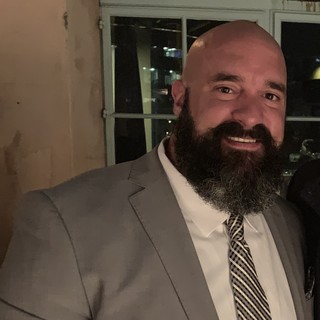Capital punishment goes back to the very beginning of recorded human history. Mankind has devised some very brutal, infamous, and depraved ways to end life. Whether it was the Guillotine, used famously to behead those like Marie Antoinette, or the practice of boiling someone alive, the concept of capital punishment has remained controversial and raised questions: Do we really need it? Can it be more "humane"? Why wait so long? These are just a few of the questions that have been and continue to be raised in the debate as to whether capital punishment is a necessity and how we apply the punishment if it is indeed necessary.
According to the Death Penalty Information Center, 70 percent of the world's nations have abolished the death penalty for various reasons, though the most common reason why nations decide to forbid its use is the belief that capital punishment is a human rights violation. But when it comes to the United States, not only is it allowed, but in some regions, it is strongly encouraged. Accordingly, 24 states in the Union have the death penalty, with 23 states outlawing the practice. California is one of three states with a moratorium on it, while still having the death penalty as legal. The degree of support for the death penalty in the United States varies across the nation, from those advocating a very broad application to very narrow to a complete abolishment of it.
In California, for example, even though a majority of voters in the state voted to keep the death penalty and reform the process to speed up its use with Proposition 66 in 2016, Governor Gavin Newsom decided not to listen. After his reelection in 2022, Newsom moved quickly to fulfill a campaign promise and put a permanent moratorium on the death penalty, effectively eliminating the practice. So, in full violation of the law and the will of the voters, Newsom moved all the death row inmates in California's notorious San Quentin State Prison, the only prison that executes prisoners in the state, to cells with all the prisoners sentenced to life in prison without parole and permanently closed the execution chamber. He defacto banned the death penalty by executive fiat, violating his oath to uphold the law and respect the will of the voter.
I am an ardent supporter of the death penalty. I feel there are crimes from which one simply cannot be "rehabilitated" or shouldn't even have the opportunity to be rehabilitated. Murder, rape, crimes against children, terrorism, just to name a few, are all crimes for which I believe one should pay the ultimate price. In my "short" 42 years on this earth, I have seen things that would crush the soul of an average person. I have seen torture, murder, rape, terrorism, and more. I have seen what mangled bodies look like after they have been blown up by suicide bombers. I have seen what rape and child abuse do to women and little boys and girls, I have seen the absolute worst of humanity. The trauma is unfathomable to those of us who have never experienced that.
I hear the stories from my friends who work in the Special Victims Bureau of the Sheriff's Department. They tell me how they have to "play it off" as if they were the suspect's friends or how they would pretend to sympathize and even pretend to be a believer in the abuse they inflicted on the children to get them to talk and even confess. Think back to the recent movie with Jim Caviezel called "The Sound of Freedom," where he plays the tortured federal agent who hunts down child sex traffickers. These are just some of the reasons why I firmly believe in the taking of perpetrators' lives as punishment for their crimes.
Then there are the questions to those who do not support it, or have reservations about its use.
Got a question: for those against the death penalty, what is your main objection to the death penalty, and what would it take for you to be willing to allow for the death penalty?
— Nice Try (@lurker044) April 15, 2024
Besides the "immorality" argument, other common responses or beliefs from people opposed to the death penalty as to the first question are that far too many innocent people have been put to death in this country due to a corrupted and biased criminal justice system that was in place during our early years and specifically during the civil rights movement. Again, according to the Death Penalty Information Center, 197 Americans convicted and sentenced to death had their convictions and sentences overturned on appeal because of shoddy DNA results or because witnesses either lied or left out key parts in the story that could have proven their innocence. Other arguments against it are those that just do not like the gross inefficiency of the state in carrying out the sentence. It is standard now to see someone sentenced to death die a natural death long before the sentence is carried out.
The most common reason for this is due to the amount of appeals that a prisoner is guaranteed upon being sentenced to death. When someone gets the sentence handed down, that sentence is automatically appealed by the state. In addition to this, there are safeguards put in place to possibly revisit the guilt of the recently convicted in the appeals process. However, the appeals process takes seemingly forever due to the complexities of the cases, with some taking decades to work their way through the system. The lengthy and arduous process seemingly creates a massive backlog of appeals that have to be dealt with as they are filed, which exacerbates or compounds the issue of not having enough legal and investigatory staff to properly and efficiently go through the appeal. An individual can seemingly await the results of their appeal until they are dead of old age or disease.
When it comes to the human rights of those who are sentenced to die, I generally believe that they have lost all their rights, the same as they lost their right to live and walk on this earth. I do believe in the right to appeal, but it should not be automatic and not be unlimited. If it is not appealed, the sentence should be carried out within a week, if not a month, of sentencing. The appeals should be handled without delay and done with absolute precision, but they should not take over a year to conclude. Modern prison acts more like an institution of higher learning for young and aspiring criminals and gang members. They should not be able to sit in prison and take lessons from those who are sentenced to die.
As for their human right to die with dignity, I think that is a giant load of manure. At no time did these people offer any dignity when they murdered, raped, and/or tortured their victims. They were savagely and brutally victimized, along with their families and friends. The last thing these victims knew was the brutality and the worst of humanity. In my view, the people convicted of these crimes do not ever deserve that dignity for their own deaths. No, they lost the right to all that, and the price they pay must be just as brutal and effective. Now, I am not advocating for torture or a slow and painful death, even though that's exactly what some of these people deserve. But I am not a supporter of them having a peaceful and painless death, lying on a table, and getting an injection of a drug cocktail. No, I firmly believe that the sentence should be both quick and efficient, as well as inexpensive to the taxpayer; bullets, for example, are pretty cheap, and a well-placed round could quickly do the job.
There is no world or place on earth where evil does not exist, and this is unfortunate but also a part of human existence. Until we as a society can get to a place where capital punishment is not the go-to for punishing heinous crimes, where we live in some kind of utopia for lack of better words, then I cannot see a world where we allow evil to continue to breathe, whether it lives in a prison cell or somebody's neighborhood.















